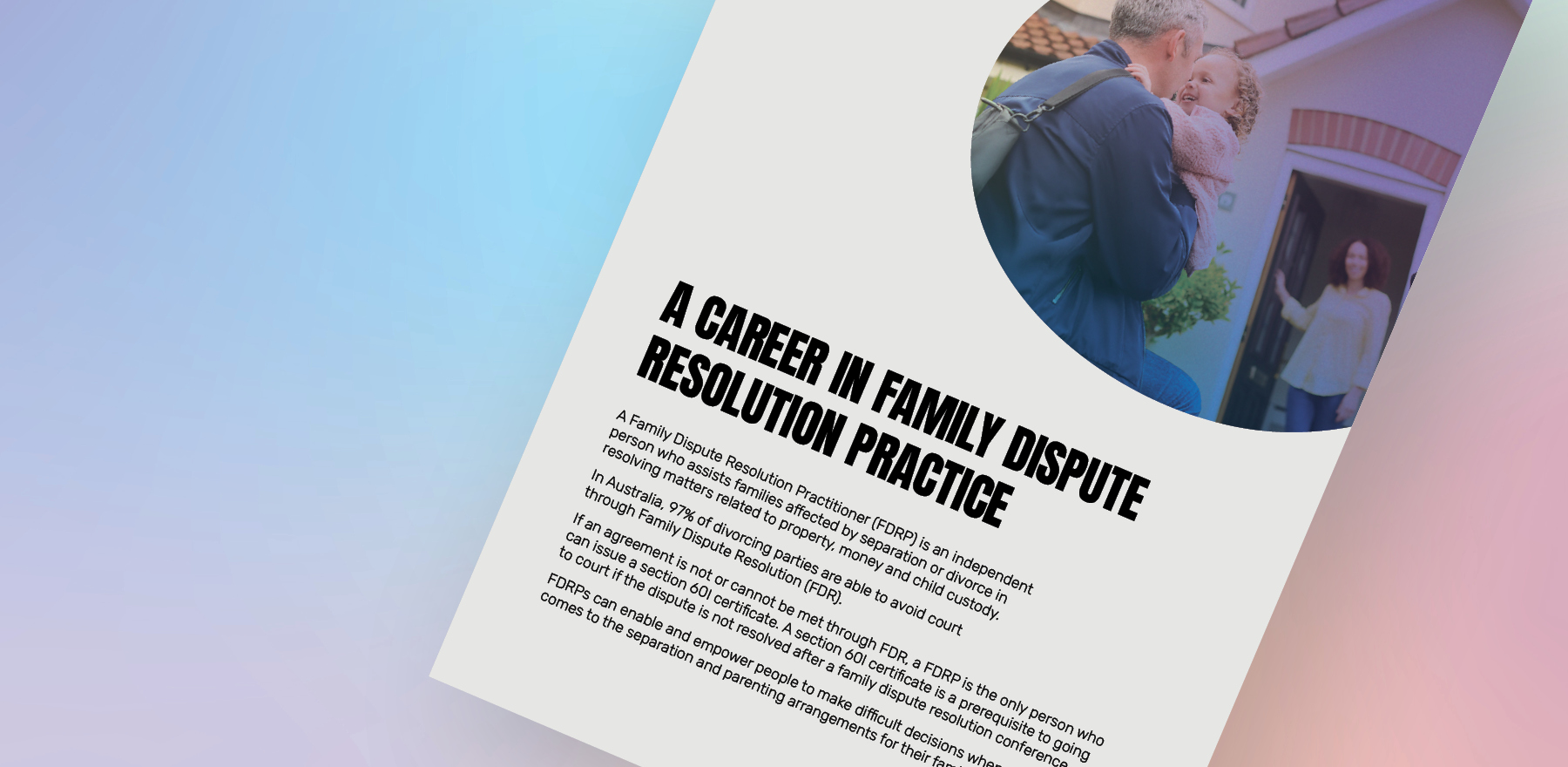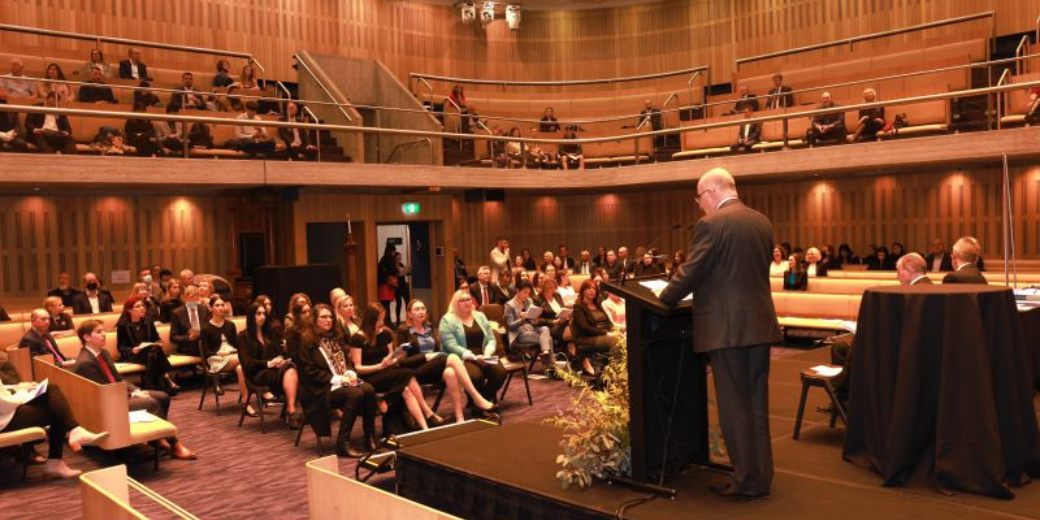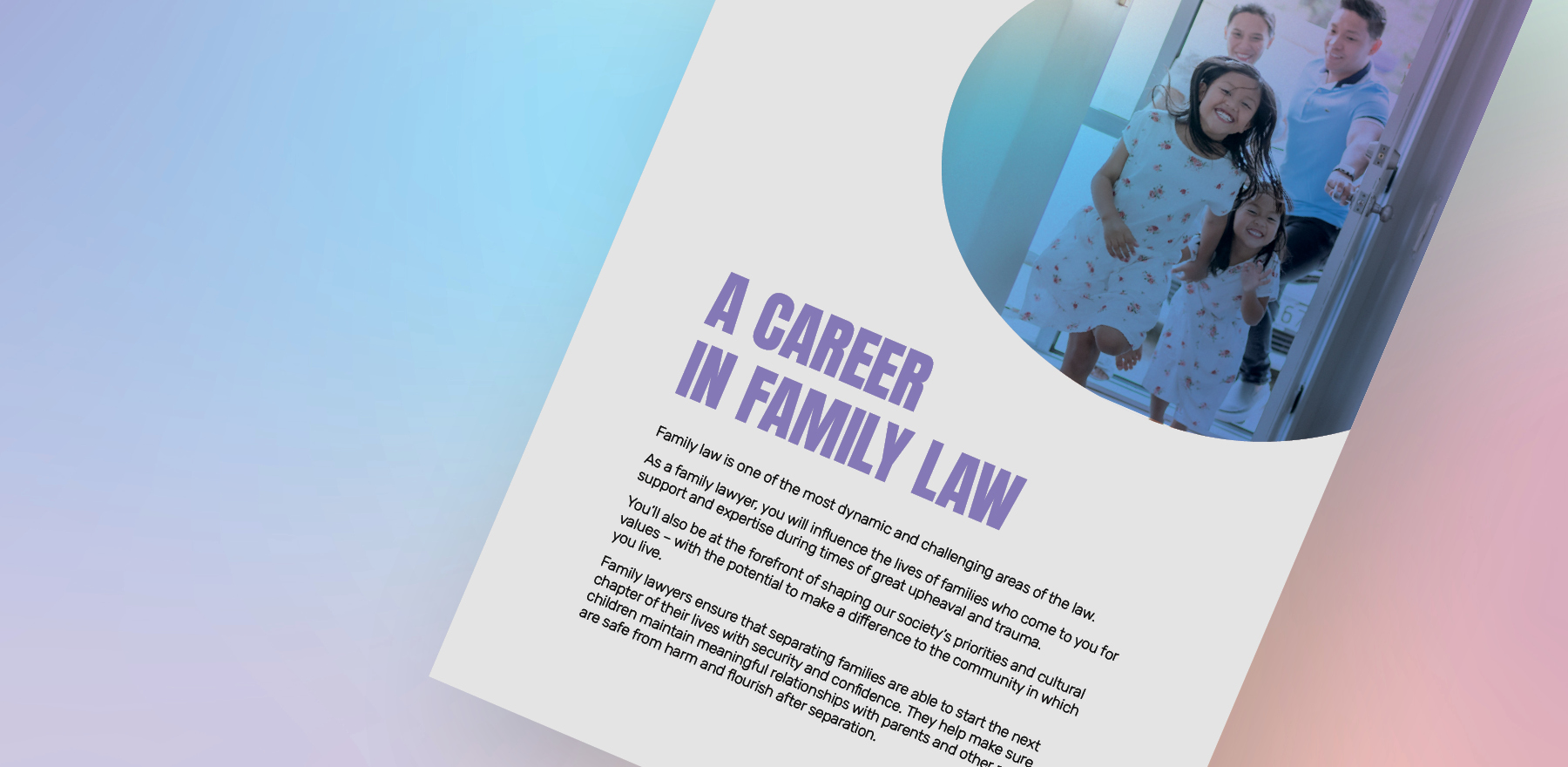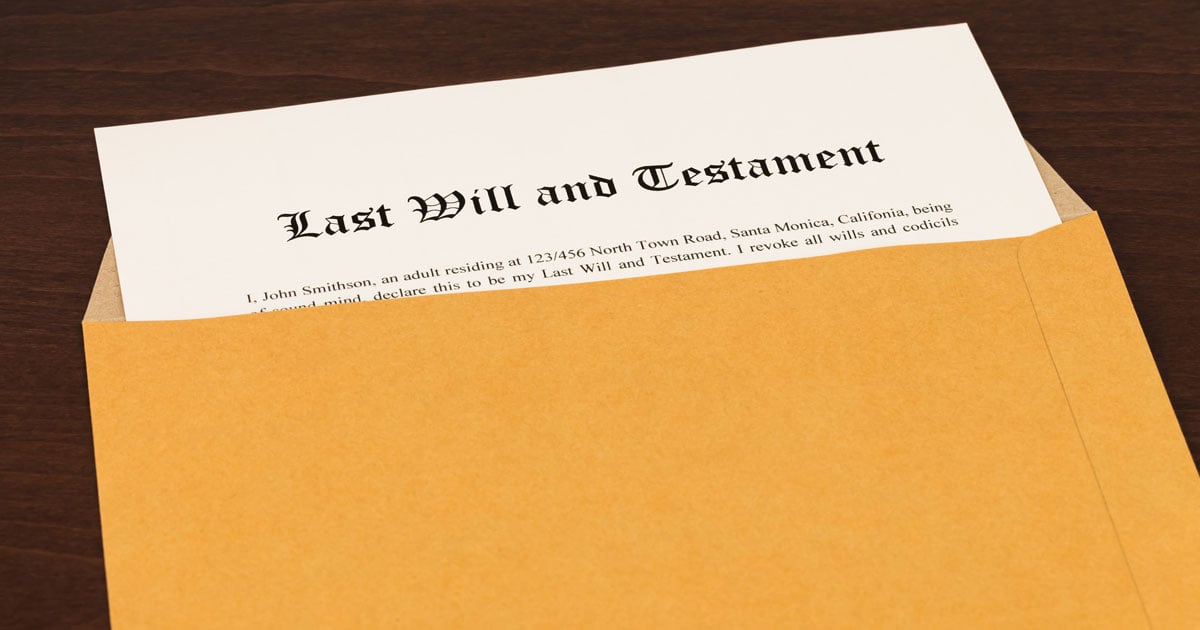Freezing orders and interlocutory injunctions are court orders that can be used to protect the interests of parties in Testator Family Maintenance (TFM) proceedings.
Tasman Ash Fleming, a barrister and accredited mediator (NMAS), highlights the importance of considering what is the purpose of the order sought. This article looks at the recent decision in Re Estate of Hagendorfer (Injunction) [2024] VSC 482 (‘Hagendorfer’) and addresses potential risks and provides guidance for practitioners to mitigate these risks.
What are freezing orders?
“A freezing order or Mareva order is a particular order to prevent frustration or abuse of process of the court and may be made without notice,” Tasman explains.
“In making a freezing order, the Court shall have regard to the practice note (at [37A(4)] Supreme Court (General Civil Procedure) Rules),” Tasman says. This is a Supreme Court Practice note.
Practice Note SC Gen 17 Freezing Orders states that “The purpose of a freezing order is to prevent frustration or abuse of the process of the Court, not to provide security in respect of a judgment or order.” (at [4.2])
“Form 37AA is used to apply without notice,” Tasman says. “If the application for a freezing order is successful, the matter will return to court and the respondent will be given an opportunity to respond. The freezing order will need to allow access to funds to allow reasonable living, legal, or business expenses.”
Interlocutory injunctions in TFM
“A party could apply for an order such as this where there is a concern that an asset would be distributed or otherwise moved,” Tasman explains. “Justice Gorton granted an order in the recent case of Hagendorfer.”
In Hagendorfer, the estate consisted of $896,210.27. The Deceased had four surviving children and had appointed one executor.
“The estate had been left to her and another sibling in equal shares. There was no provision for the plaintiff and another sibling. The plaintiff made an application for provision under Part IV of the Administration and Probate Act 1958, within the requisite 6-month period. However, by this point, the estate had been distributed without notice to the executrix and the other named beneficiary who had used it in part to pay down their mortgages.”
The plaintiff sought a freezing order or interlocutory injunction restraining the beneficiaries from disposing of their properties.
“The Court granted an interlocutory injunction which sought to maintain the status quo, rather than a freezing order,” Tasman says.
The form of order used was, “Until further order, Ms Natasha Donna Hagendorfer not sell, transfer, dispose of or further encumber the property.” A similar order enjoined the other named beneficiary.
What key factors does a Court consider when granting a TFM injunction?
“The plaintiff will need to demonstrate an arguable case,” Tasman says. “In Hagendorfer the plaintiff needed to show an arguable case against the estate and the named beneficiaries.”
It is not necessary to demonstrate that the claim will be successful, as such a finding may not be possible until a full hearing.”
“Nevertheless, a plaintiff will still need to be eligible to make a claim pursuant to Part IV of the Administration and Probate Act 1958 and it will still need to be made within six months of the grant of probate,” Tasman says.
“In Hagendorfer, the court determined the plaintiff had a claim because she had made a claim within six months and was ‘a daughter of the deceased with limited assets who does not own a home, for whom no provision was made out of a reasonably substantial estate, and for whom provision had been made in a prior will.’ (at [5]).”
Does it matter that the estate had been distributed?
“No,” Tasman says. “Distribution is not a barrier to an interlocutory injunction in a TFM matter. Even where there has been a final distribution, there can still be an order for a distribution made out of the estate that has purported to be distributed.”
What is the right order in a TFM matter?
“Consider the purpose of the orders sought,” Tasman says. “If you wish to prevent frustration or abuse of the Court, a freezing order would be suitable. If the purpose is to provide security, an interlocutory injunction would be more appropriate.”
In Hagendorfer, the Court found that, “the high hurdle that the Court requires applicants for a freezing order to leap applies particularly where a claimant has a claim for compensation and seeks to prevent the respondent to that claim from spending their own money in a way that would render them unable to meet an award. The same principles do not apply quite the same way, it seems to me, where the allegation is that a person has obtained an asset or a sum of money to which they are not entitled, and the relief is directed at ensuring only that that asset or sum of money, in substance, remain in place so that it may be recovered if the claim is successful.” (at [18]).”
“It is likely that interlocutory injunctions would usually be more appropriate in these types of cases,” Tasman concludes. Where a claim may arise, it is important to make these orders as soon as possible.









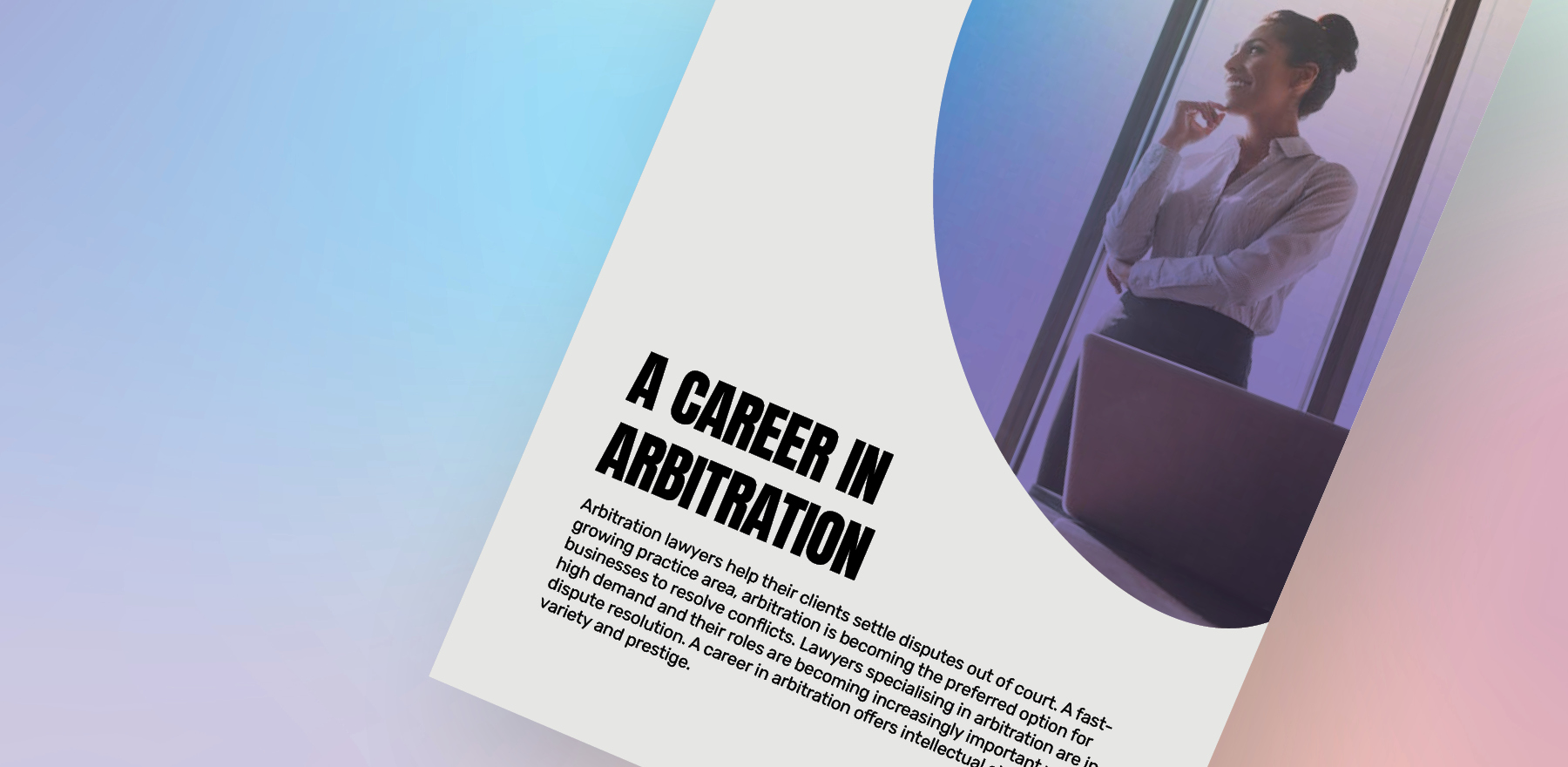






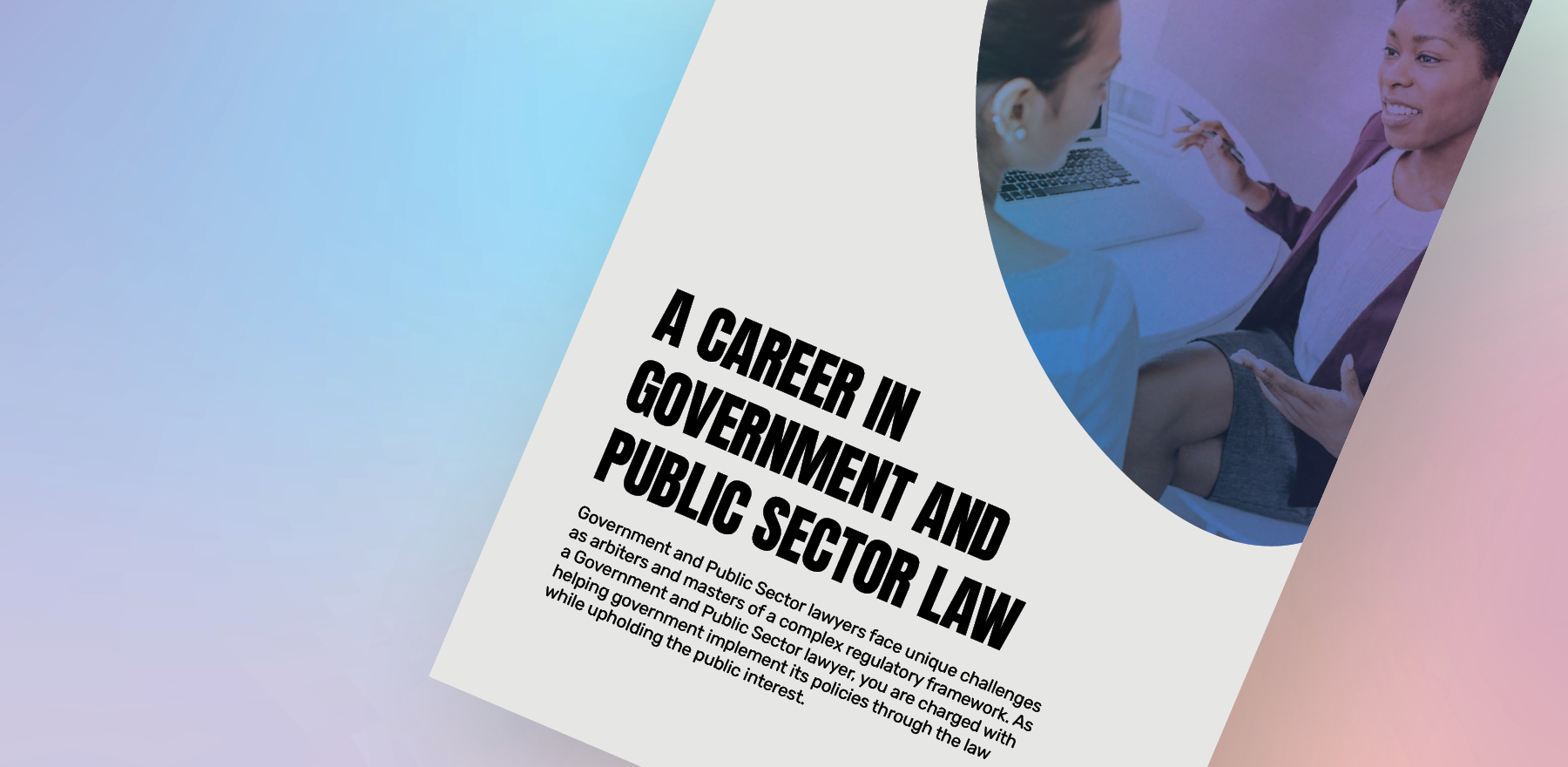

![How to handle Direct Speech after Gan v Xie [2023] NSWCA 163](https://images4.cmp.optimizely.com/assets/Lawyer+Up+direct+speech+in+drafting+NSW+legislation+OCT232.jpg/Zz1hNDU4YzQyMjQzNzkxMWVmYjFlNGY2ODk3ZWMxNzE0Mw==)



